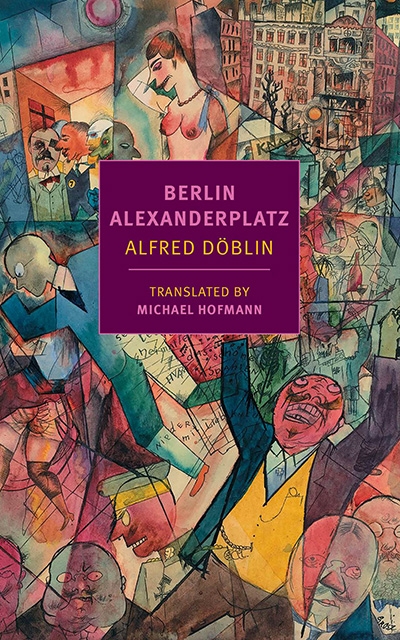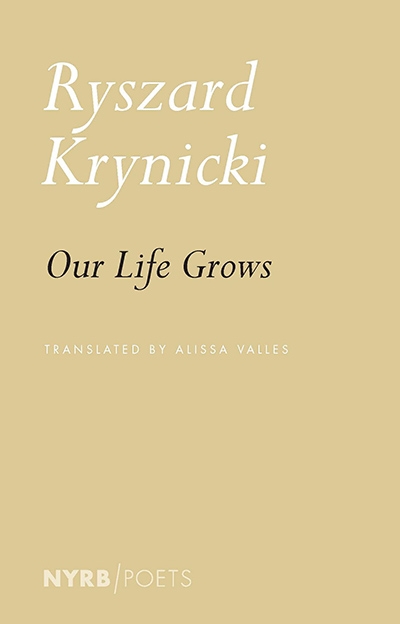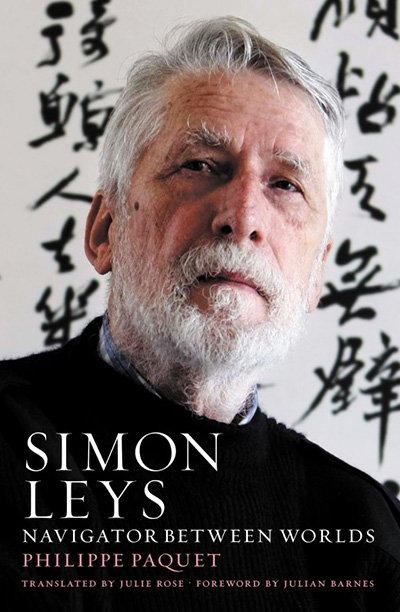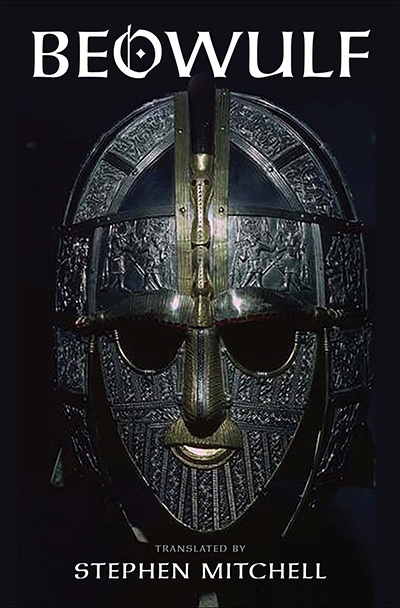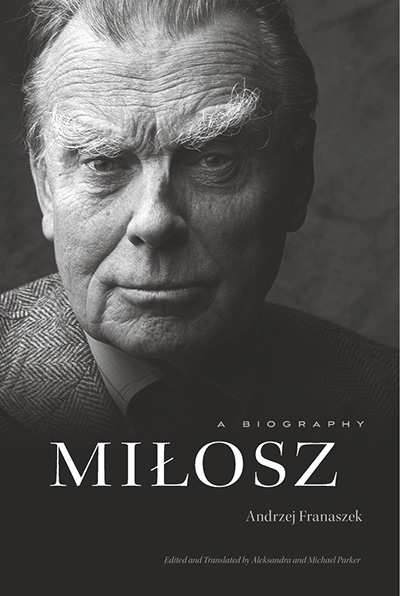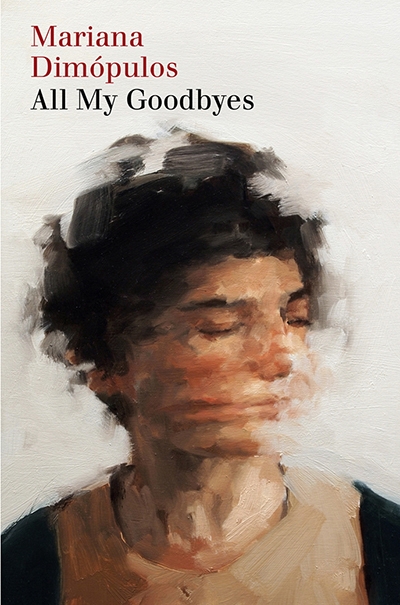Translations
Berlin Alexanderplatz by Alfred Döblin, translated by Michael Hofmann
by Joachim Redner •
No Place to Lay One’s Head by Françoise Frenkel, translated by Stephanie Smee
by Avril Alba •
Our Life Grows by by Ryszard Krynicki, translated by Alissa Valles
by Benjamin Ivry •
Apple and Knife by Intan Paramaditha, translated by Stephen J. Epstein
by Lisa Bennett •
Crime and Punishment by Fyodor Dostoevsky, translated by Nicolas Pasternak Slater
Simon Leys: Navigator between worlds by Philippe Paquet, translated by Julie Rose
by Ian Donaldson •
Revolution by Emmanuel Macron, translated by Jonathan Goldberg and Juliette Scott & The French Exception by Adam Plowright
by Natalie J. Doyle •
Miłosz: A biography by Andrzej Franaszek, edited and translated by Aleksandra Parker and Michael Parker
by Peter Goldsworthy •

